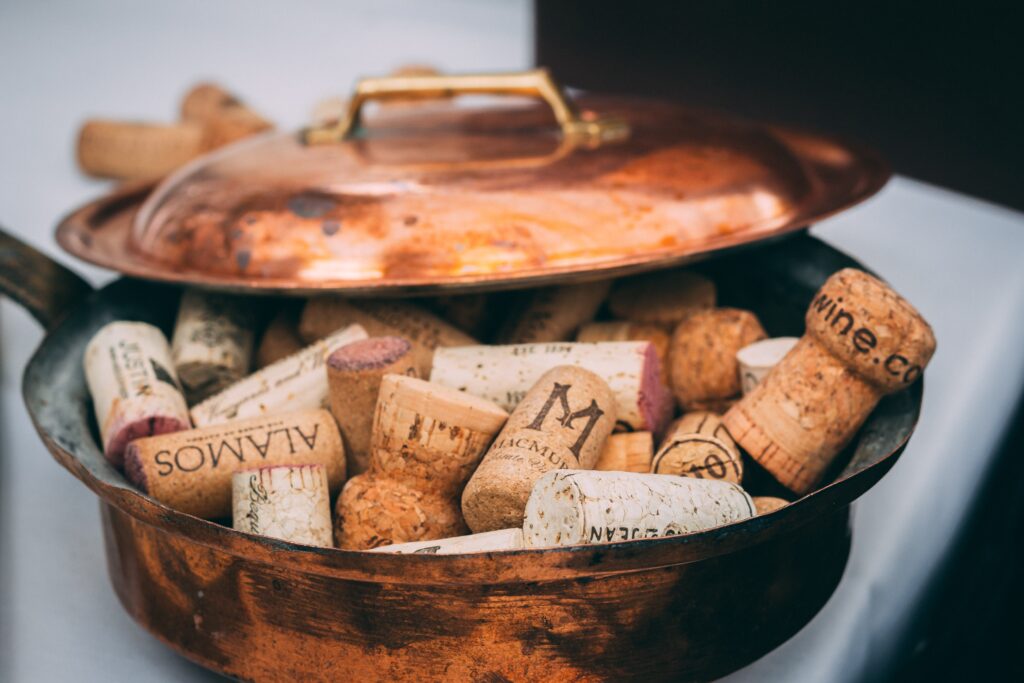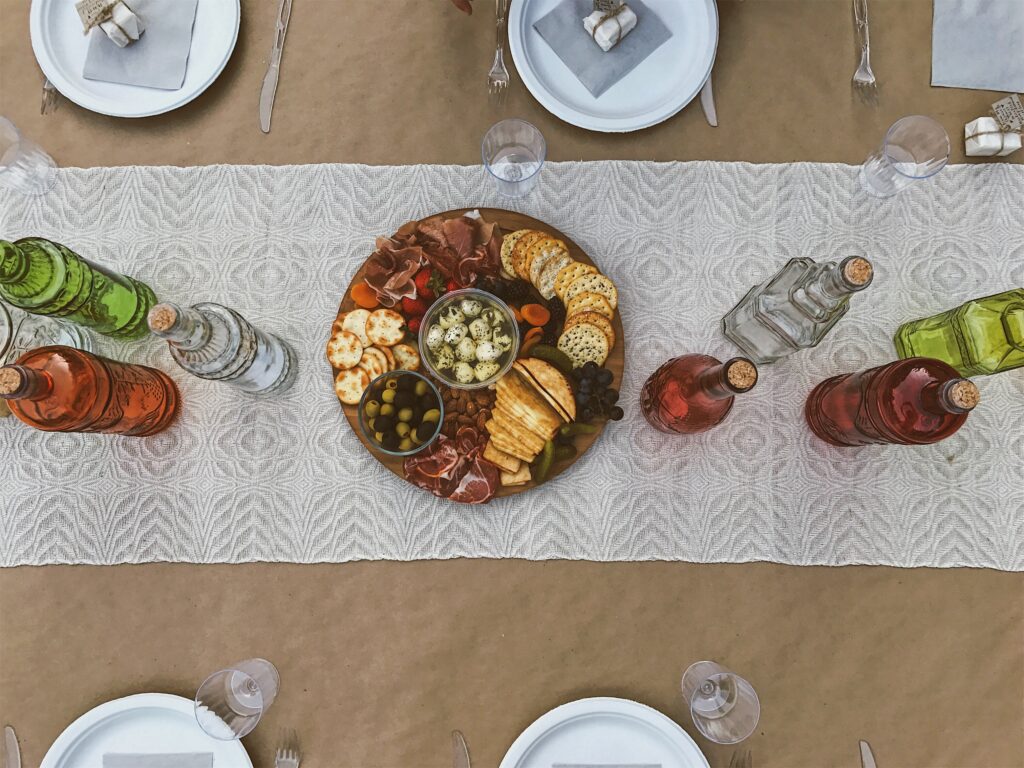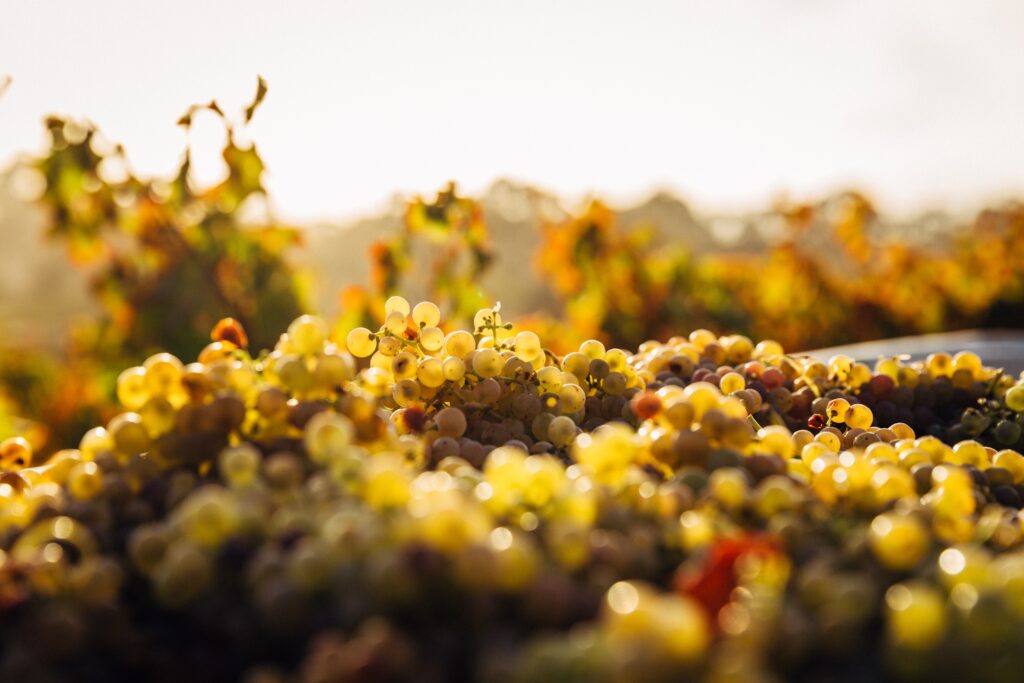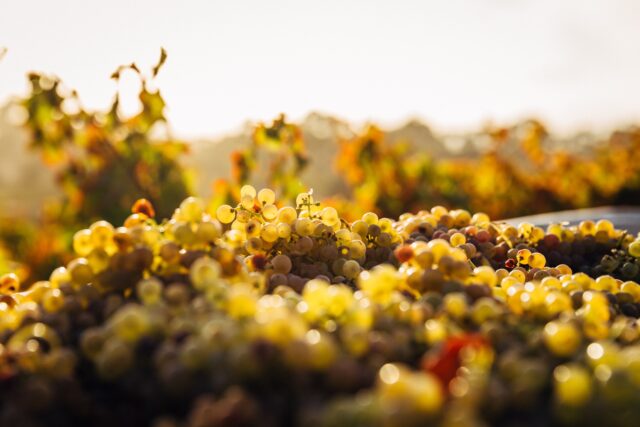Are you looking for a fun and engaging way to spend your spare time? Well, you’re in luck, because there are countless options for exciting activities to keep you entertained. Have you ever thought about joining a cooking class or participating in a wine tasting event?
Each offers its own unique experience; a cooking class can enhance your culinary prowess, exposing you to different cuisines around the globe, while a wine tasting event can provide an insightful exploration into the intricate world of viticulture and wine pairing, along with indulging your taste buds. It’s all about finding what suits your interests and appetite for new experiences best.

This image is property of images.unsplash.com.
The Intricacies of Cooking Classes
When you’re interested in expanding your culinary skills or simply want a unique evening out, cooking classes offer a great solution. Yet, you might be wondering, what exactly does a cooking class entail?
Understanding What a Cooking Class Entails
Simply put, a cooking class is a hands-on experience where you learn to prepare different kinds of meals under the guidance of a trained chef. Here you will learn how to combine different ingredients, navigate your way around different kitchen tools, and understand the cooking techniques that elevate a dish from ordinary to extraordinary.
The Benefits of Taking Cooking Classes
Apart from learning a new recipe, cooking classes offer numerous other benefits. You will develop a deeper understanding and respect for food, and the confidence you gain in the kitchen can translate to other areas of your life. They also foster social interaction, as you often work in teams to prepare a meal, and nothing brings people together quite like food.
Choosing The Right Cooking Class For You
It’s important to choose a class that matches your skill level and interests. Are you a beginner, looking to learn the basics, or are you an intermediate cook seeking to learn how to prepare a specific cuisine? You’ll find a wide variety of classes available, so take the time to explore and find one driven by your taste buds.
The Excitement of Wine Tasting
Wine tasting is another adventurous activity to consider. This social event is where you get to sample various kinds of wines, gaining knowledge and appreciation for this divine beverage.
An Introduction to Wine Tasting
Wine tasting encompasses more than just sip and swallow. It involves observing the color, sniffing to identify any key notes, tasting to decipher flavors, and considering the aftertaste. This process, combined with learning about the winemaking process, contributes to a deeper understanding of wine.
Why Consider Attending a Wine Tasting
Attending a wine tasting broadens your appreciation and enjoyment of wines. You will learn to discern between different types, understand the influence of certain grape varieties, and appreciate the role of different wine-producing regions. It’s also a wonderful social event to enjoy with friends or meet like-minded individuals.
Selecting a Wine Tasting That Suits Your Preference
Just as with cooking classes, you’ll want to choose a wine tasting that matches your interests. Are you curious about a specific type of wine, or are you open to trying new varieties? There are a wide variety of tastings, from specific types, such as white or red wines, to tastings that feature a specific country’s wines.

This image is property of images.unsplash.com.
Exploring Various Types of Cooking Classes
There are various types of cooking classes available, suiting different learning styles and level of interest. Let’s dive into a few examples.
Hands-on Cooking Classes
These are the most interactive types of classes, where you’ll be doing all the cooking yourself under the guidance of a chef. They provide the most immersive experience and are perfect for learners who thrive on a hands-on approach.
Demonstration Cooking Classes
Here, you’ll watch as a skilled chef demonstrates each step of the recipe. This style is perfect for visual learners, who can then replicate the technique at home.
Online Cooking Classes
With the advent of the Internet, it’s now possible to learn a new recipe from a chef in another part of the world, right from the comfort of your own kitchen. This type of class offers flexibility and a vast selection of cuisines and dishes.
Culinary Institute Classes
For those who are very serious about their cooking, classes provided by culinary institutes offer an opportunity to learn from seasoned chefs and gain advanced skills. These classes are usually more thorough and intensive.
Understanding Wine Tasting Formats
Like cooking classes, there are a variety of formats for wine tasting events, each offering a unique perspective on this age-old beverage.
Structured Tastings
These tastings follow a theme and often include an expert who introduces each wine, providing details about its creation and optimal food pairings.
Vertical and Horizontal Tastings
Vertical tastings involve tasting the same wine varietal from the same winery, but different years, while horizontal tastings involve tasting the same varietal and year, but from different wineries.
Tasting by Region
These tastings focus on wines from a specific region, allowing participants to learn about key characteristics and terroir – the unique set of environmental factors that affect a crop’s phenotype.
Informal or Casual Tastings
These are less structured events where you casually sample wines. They’re great for social occasions and for those new to wine tasting.

This image is property of images.unsplash.com.
Maximizing Your Experience in Cooking Classes
To get the most from your cooking class, preparation and active participation are key.
How to Prepare for a Cooking Class
Once you’ve chosen a class, make sure you understand what it involves. Do you need to bring any specific equipment? What kind of dress code does the venue have? Arriving prepared will ensure you can focus on the cooking.
Tips on Participating Actively
Active listening will help you grasp key points in the class. Don’t be afraid to ask questions if something isn’t clear, and take notes if needed so you can apply the techniques at home.
Making the Most of Each Class
Remember, the goal of a cooking class is not just to learn a recipe, but to understand the process and build skills. So, ask questions, engage with other attendees, and above all, enjoy the process!
Getting the Full Experience of Wine Tasting
Whether you’re attending your first wine tasting or if you’re a seasoned participant, there are ways to enhance your experience.
How to Taste Wine Professionally
Tasting wine like a pro involves four steps: Look, smell, taste, and think. Take time to note the color and consistency, smell for aromatics, taste for flavors, and consider the aftertaste and overall impression.
Exploring Different Wine Flavors and Textures
Understanding common wine descriptors can enhance your tasting experience, helping you identify the unique flavours and textures of different wine varieties. From fruity to plummy, silky to briny, there’s a whole lexicon to discover in wine tasting.
Documenting Your Wine Tasting Experiences
Consider keeping a wine journal to document your experiences, record your impressions, and track your personal growth as a wine enthusiast.
The Connection Between Cooking and Wine
If you’ve ever marinated a steak in red wine or used white wine to deglaze a pan, you know the important role wine can play in cooking.
Understanding How Wine Enhances Food Flavors
When used properly, wine can deepen flavors and add complexity to dishes. The alcohol in wine acts as a flavor enhancer, helping to release flavor compounds in foods that are only soluble in alcohol.
Cooking With Wine: Do’s and Dont’s
While cooking with wine can be beneficial, it’s important to remember a few guidelines. Never use a wine you wouldn’t drink, and always give it time to simmer so as to cook off the alcohol.
Matching Food with Wine: A Basic Guide
Getting the food-wine pairing right can elevate your dining experience. The basic rule of thumb is pairing light foods with light wines, and heavy foods with full-bodied wines.
Skills Gained from Cooking Classes and Wine Tastings
There are many valuable skills to be gained from taking cooking classes and participating in wine tastings.
Skills Learned in Cooking Classes
Apart from learning how to prepare specific dishes, cooking classes enhance your understanding of ingredients, teach you various cooking techniques, and help you gain confidence and creativity in the kitchen.
Skills Learned in Wine Tasting
Wine tasting isn’t just about drinking wine; it’s about appreciating it. You’ll learn how to identify different types, discover your personal preferences, and gain an understanding of different wine regions and production methods.
The Transferability of These Skills
The knowledge and confidence gained through cooking classes and wine tastings can enhance your everyday life. Impress your friends with your newfound cooking techniques or wine pairing advice at your next dinner party!
Hosting Your Own Cooking Class or Wine Tasting
If you’re passionate about cooking or wine and want to share your passion with others, consider hosting your own event.
Essential Elements for Hosting a Cooking Class
Hosting a cooking class involves careful planning. From deciding the menu to preparing recipes and ensuring you have all the necessary ingredients and equipment, there’s a lot to consider. Make sure you have a clear plan and structure for the class, and that you’re ready to provide guidance and answer questions.
Steps in Organizing a Wine Tasting Event
A successful wine tasting event requires careful thought and organization. Decide on the type of tasting, choose the wines, organize the space to accommodate your guests, and provide food to cleanse their palates. Remember to also provide sufficient glassware!
Things to Consider When Hosting These Events
Whether you’re hosting a cooking class or wine tasting, remember that the aim is to create an enjoyable experience. Ensure the environment is comfortable and inviting, and that your guests leave feeling inspired and knowledgeable.
The Impact of Cooking Classes and Wine Tastings on Lifestyle and Culture
Attending cooking classes and wine tastings can have a significant impact on your lifestyle and understanding of various cultures.
How These Experiences Shape Lifestyle Choices
These experiences can inspire healthier eating habits, broaden your palate, and spark an interest in trying new foods and wines. They also encourage social interaction, adding a new dimension to your social life.
Their Influence on Dietary and Drinking Habits
Understanding how to prepare a variety of dishes can make meal planning more exciting, and encourage healthier decisions. Similarly, appreciating the art of winemaking can lead to more mindful drinking habits, increasing enjoyment and reducing over-consumption.
The Role of These Activities in Cultural Exchange and Understanding
Food and wine are integral to culture, and learning about different cuisines and wines provides insight into different ways of life. Through cooking classes and wine tastings, you not only learn about different flavors and techniques, but also about the history and traditions of different regions.
Whether they are cooking classes or wine tastings, these experiences can enrich your life in many ways. So why not give them a try?










